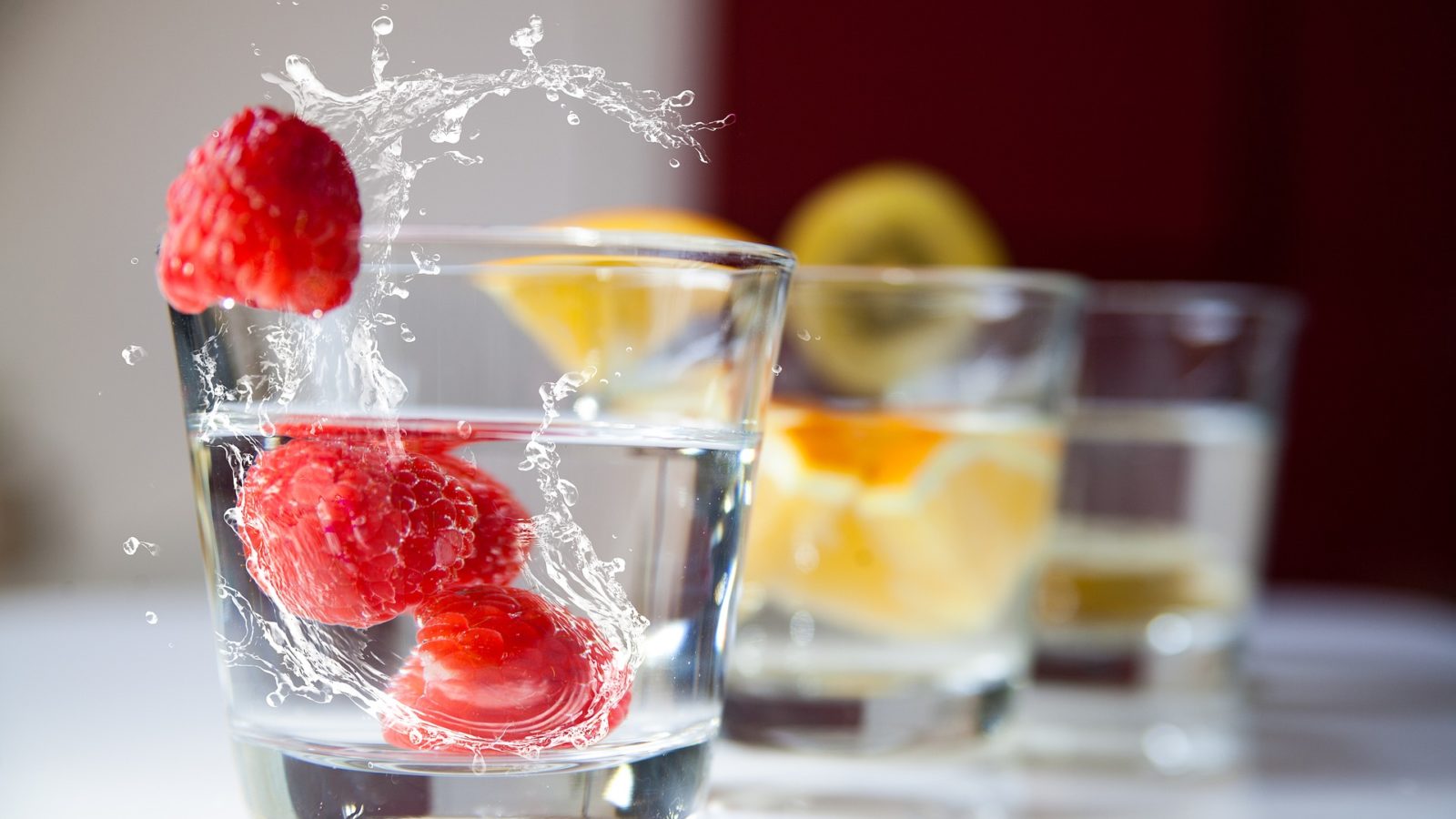Let’s first acknowledge a simple fact: water is the best hydration solution there is. It is inexpensive, widely-available, and if obtained from a reliable source, very safe. The planet, and your body, is mostly water. It is neutral (in terms of pH), gets easily absorbed into your system, transports nutrients and carries out waste material like no other beverage can. The word ‘hydrate’, coined over 200 years ago, itself comes from the Greek word for water. But then, 200 years ago you’d have been hard-pressed to find many commercial alternatives to this life-sustaining liquid. That’s changed.
While traditional drinks like milk, coffee/tea and coconut water are still around, the hydration beverage market has exploded with variants of flavoured water, electrolytes, fruit juices, flavoured dairy products, colas and caffeinated beverages, to name some. But are they all suitable alternatives to water, at least some of the time? Or should you stick to plain old H2O?
Figure out your hydration profile
Various studies say people may need between 1-4 litres of water per day for their hydration needs. The amount varies widely based on gender, geography, climate, physiology and activity levels. That’s why everyone needs to gauge their own hydration requirements.
The consensus among experts is that if you lead a normal lifestyle and do not indulge in frequent, strenuous activity, plain water and a healthy diet work just fine. “If you are rarely thirsty and your urine colour is light yellow or colourless, you don’t have to worry about ideal water intake,” says sports nutritionist and founder of Wellness Vows, Rashmi Cherian.
But if you’re an athlete, the rules are slightly different. Nutrition guidelines for sportspersons by the ILSI, National Institute of Nutrition and Sports Authority of India say athletes can consume diluted fruit juice or a glucose-electrolyte drink 15 minutes prior to, as well as during any intense event (in addition to cold water). After the activity, plain water and a sweet-tasting beverage are recommended to compensate for the loss in body weight.
But most of us are not athletes, and will rarely indulge in the kind of intense activity that causes sportspersons to lose 1-2 litres of bodily water every hour. Hence, it is best to avoid using sugar-sweetened beverages like colas and sweetened juices as alternatives to water—although the occasional glass is fine for a healthy person.
So what’s your best option?
A startling 2016 study said that skimmed milk and full-fat milk had a higher ‘hydration’ index than water, as did a specially developed ‘oral rehydration solution’. Orange juice, cola, tea and sports drinks were also hydrating. However, the study was based on the ‘drink more and pee less’ principle, which Cherian says works for general cases but not necessarily athletes, since beverages like milk may cause gastric discomfort and take time to get absorbed into the body.
Also, the study did not consider the nutrient profile of the recommended drinks. Colas and sugar-added juices might temporarily hydrate you, but they’re bad for your weight and general health. Cherian recommends other ways to jazz up your H20, such as by using fruits, ginger or mint to make unsweetened, flavoured water-based drinks. You can also stock up on coconut water, fresh fruit juices and buttermilk, she says.
Avinash Mansukhani, Fitness consultant – Fight The Sunrise, also says that adding a dash of lemon water or apple cider vinegar to the 1-2 glasses of water you have first thing in the morning can make for a refreshing change from the daily routine. He also recommends keeping slices of cucumber, orange or watermelon and mint leaves in water and refrigerating it for a cool, tasty drink.
Our bodies already acquire water in various ways through the day from our diets. “With all the coffee/tea, milk, protein shakes etc. we consume during the day, we just need to be mindful about the 3-4 glasses of water that we need to take intentionally to complete our daily quota,” says Mansukhani, who says over-hydration is just as risky as under-hydration. He adds, “I don’t think people need to explore alternatives in the market for just about 3-4 glasses. A glass of water to go with each meal is adequate.”
Ultimately it all comes down to moderation. It’s okay to diversify your hydration sources if you’re bored of chugging ordinary water. The key is to be aware of the possible risks (if any) of those alternatives, and listen closely to how your body reacts to them.


